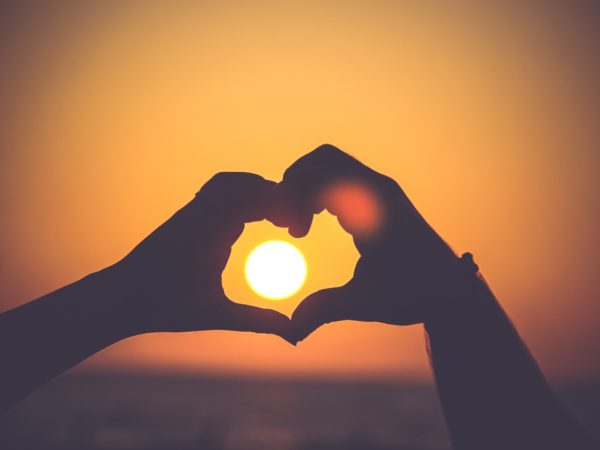On May 17, 1990, the World Health Organization stopped classifying homosexuality as a mental health disorder. Twenty-eight years later, May 17 is recognized worldwide as the International Day against Homophobia, Transphobia, and Biphobia (IDAHOTB), which we honor by advancing grassroots activism, raising awareness, and advocating for LGBTQ+ rights. In the spirit of the 2018 theme for #IDAHOTB, “Alliances for Solidarity,” here are some ways we can work together to create allied communities.
BE INFORMED ON THE ISSUES
LGBTQ+ individuals are at higher risk for sexual violence. Lesbian and bisexual women are three times more likely to experience sexual violence than heterosexual women. Gay men are 15 times more likely to experience sexual violence than heterosexual men. Center for Disease Control (CDC) research consistently shows that trans women and bisexual women report the highest rates of sexual violence victimization. According to the 2015 U.S. Transgender Survey, about 47 percent of people who are transgender have been sexually assaulted in their lifetimes. Researchers also estimate about 20 percent of incarcerated transgender people have been sexually assaulted by staff, including youth in juvenile facilities.
According the National Center for Transgender Equality, 1 in 4 trans people have been assaulted because of prejudice. The numbers are even higher for trans women and trans people of color. Younger trans people are at higher risk of death from these assaults, with 80 percent of trans homicide victims last year being under 35 years old.
LGBTQ+ folks also experience additional challenges in the aftermath after an assault. LGBTQ+ folks may not be believed, taken seriously, or may be discriminated against when they try to get help. As with other survivors, LGBTQ+ survivors face the same barriers with working with police, medical professionals, and courts among other systems in being believed and supported. They also have to engage with systems and individuals that have bias against their sexual orientation or gender identity and are not equipped to respond to them. The intersection of these two challenge can make it unsafe for many LGBTQ+ survivors to access help after an assault.
UNDERSTAND INTERSECTIONALITY
Intersectionality, a term coined by feminist Kimberlé Crenshaw, is a way to understand the connected systems of oppression. In 2017, 28 transgender people were murdered, the highest rate on record. In fact, in the last two years the FBI has seen an increase in hate crimes targeting people because of their race, sexual orientation, religion, and gender identity among other identifiers.
This intersection of oppression also makes it more challenging for trans survivors to access services and get justice after an assault. The intersection of oppression goes further than the risk of violence. Unfortunately, it often means trans people are denied access to safe housing, quality healthcare, equal opportunity education and employment, physical safety, and equitable use of public resources, such as law enforcement. A study by the CDC found that 85% of advocates reported working with an LGBTQ+ survivor who was denied services because of their sexual orientation or identity.
CREATE SAFE SPACES
It’s important to create spaces that are safe and empowering. Having spaces where people are free to be themselves makes people feel safe and valued. To create effective safe spaces, we can:
- Avoid making assumptions about a person’s gender. Provide your pronouns when you introduce yourself and ask for theirs.
- Avoid assumptions about the gender of someone’s partner. Instead of using ‘husband’ or ‘wife,’ ask about ‘partners’ or ‘spouses.’
- Use people’s identified pronouns. If a mistake is made, correct yourself.
- Understand your privilege and how it affects your relationships with LGBTQ+ folks. LGBTQ+ folks aren’t responsible for educating people about their communities, and this a common assumption straight and cisgender folks make. Knowing where you can access information and become self-informed is a great starting point!
- Know what resources are available to LGBTQ+ survivors of sexual violence. Check out some of these resources as a starting point!
GLBT Legal Advocates & Defenders (GLAD)
Sharing is caring! Review our sharing policy.






